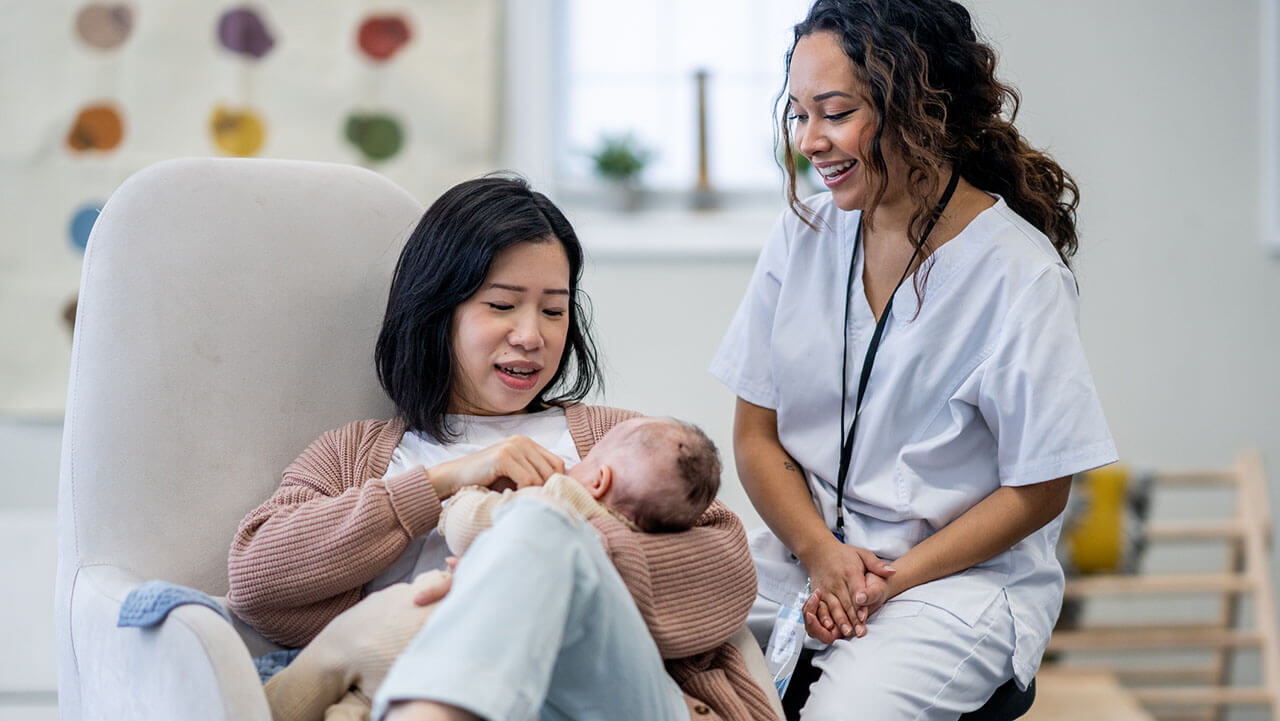Top 7 things you need to know about gynecologic cancers


Listen up ladies! September is Gynecologic Cancer Awareness Month, so we’re giving you the top 7 things you need to know about gynecologic cancers, thanks to our expert and gynecologic oncologist, Dr. Erin E. Stevens. Yup, we’re talking about what’s going on down there!
- Gynecologic cancers include uterine/endometrial, cervical, ovarian, fallopian tube, vaginal and vulvar cancers as well as gestational trophoblastic disease. It’s all the “below the belt” cancers of the female reproductive tract, from the skin on the outside to the organs on the inside.
- Endometrial cancer (a type of uterine cancer) is the most common gynecologic cancer. According to the American Cancer Society, more than 67,880 women will be diagnosed this year. That’s because outside of living in North America, the biggest risk factors for this cancer are obesity, diabetes and high blood pressure. Lifestyle changes can prevent many of these cancers, so talk to your doctor about what you can do to decrease your risk.
- While we can screen for cervical cancer with the pap smear and HPV test, now we can do better than that! We can prevent cervical cancer and some other cancers before they start with the Gardasil® vaccine. This vaccine is recommended to everyone (boys and girls, men and women) between the ages of nine and 45 to reduce the chance of developing HPV related cancers.
- But remember, the pap smear only screens for cervical cancer – it does not screen for uterine cancer, fallopian tube cancer or ovarian cancer. Just because your pap is normal does not mean that "everything was checked and is good."
- Any bleeding after menopause is not normal. Your periods do not restart – and who would want them to! If this happens, please make an appointment to see your doctor, as this could be a sign of a gynecologic cancer.
- Ovarian cancer remains the most fatal gynecologic cancer. There’s no effective screening test yet, so it’s important to know the symptoms! If you have bloating, feeling full without eating much, changes in bowel or bladder habits or pain in the lower abdomen that persists daily for two to four weeks without improvement, you should see your doctor and discuss your concern.
- If you have noticed itching, burning, discharge, lumps or bumps on the outside skin between your legs, it may be more than just a yeast infection! Don’t just treat this with over-the-counter medications, have it looked at. Part of your annual exam should include a vulvar skin check, which is the name for that area. Skin cancers and other skin conditions can arise there.



